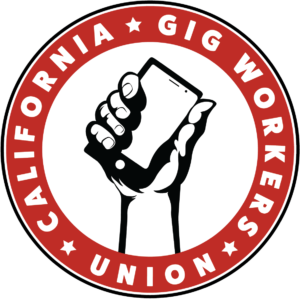Decenas de conductores de Uber, DoorDash, Instacart y otras aplicaciones protestaron simultáneamente este martes en Los Ángeles y San Francisco para pedir a los dueños de estas compañías que cumplan con las promesas de la Proposición 22.
La medida, aprobada a finales de 2020, permite a las empresas de aplicaciones de viajes compartidos y entregas de comida clasificar a sus conductores como contratistas independientes.
Como resultado los conductores no tendrían los beneficios obligatorios que reciben empleados regulares como tiempo extra y días pagados por enfermedad o desempleo. A cambio estas compañías ofrecieron, entre otros beneficios, un estipendio de seguro médico para trabajadores que conducen más de 15 horas a la semana.
Pero hasta el momento muchos de los conductores dijeron sentirse engañados. Algunos dijeron tener facturas médicas que no han logrado pagar por no tener los medios.
